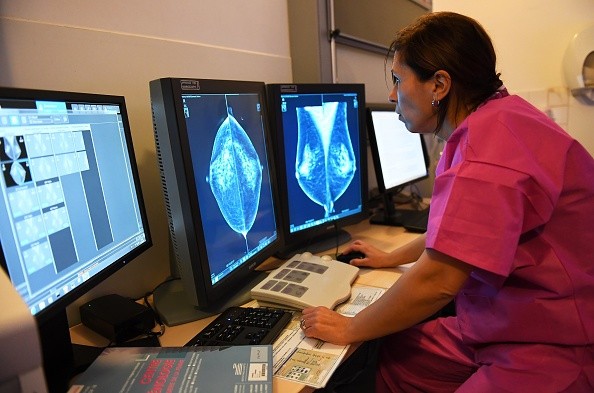
Research into breast cancer in Ontario, Canada, is hitting new heights thanks to the efforts of a lab using artificial intelligence (AI) to improve patients' access to effective therapy!
To detect malignant tumors, breast cancer patients usually undergo MRIs. However, a synthetic correlate diffusion MRI from the Waterloo lab captures cancer features and attributes better than prior MRI systems.
Alexander Wong, professor and Canada Research Chair in Artificial Intelligence and Medical Imaging at the University of Waterloo, told Global News that it might assist oncologists and medical practitioners in identifying and tailoring cancer patients' treatments.
Cases in Canada
Breast cancer is the second largest cause of cancer deaths among Canadian women, per the Canadian Cancer Society. One in eight Canadian women develops breast cancer, and one in 34 dies from it.
The association also predicted that last year, about 28,600 Canadian women would be diagnosed with breast cancer.
How it Works
According to Wong, the new AI-driven method predicts whether a patient would benefit from pre-surgical neoadjuvant chemotherapy using synthetic correlation diffusion imagining data.
Wong observed that this model's MRI machine hardware has not changed, but how it transmits "pulses" into the patient and gathers data has.
The AI may then evaluate MRI data to determine whether breast cancer patients should get chemotherapy before surgery.
With this rich data about the tumor, AI is a deep neural network like a human brain. Wong said that it learns from the MRI system what are the important nuances or qualities that lead them to a patient who will benefit from this sort of chemotherapy.
It combines two technologies. MRI imaging is one, and another is the deep neural network AI.
Tech Accuracy
Wong said the technique was evaluated in a prospective trial of 253 US patients who had chemotherapy before surgery. He stated the AI, using their new MRI, could identify and forecast with over 87% accuracy, which patients will benefit from treatment.
This might be a vital tool compared to a clinician's current technique of looking at data and predicting what could work or not.
A tool like this helps doctors to increase the possibilities of identifying the proper form of treatment that is most likely to assist a specific patient based on their unique profile.
Wong suggests a broader investigation into this after the promising findings.
Tomorrow's Technology
Wong said this AI tool was designed to enhance health care, not replace doctors.
"AI, in my opinion, is never really meant to replace anyone ... What we see is that AI is always there as a complementary tool or assistant doctor to help them make better decisions, more consistent decisions, as well as decisions in a more rapid fashion."
Wong added that specialists are becoming more comfortable with AI as they discover what it can and cannot accomplish.

ⓒ 2026 TECHTIMES.com All rights reserved. Do not reproduce without permission.




